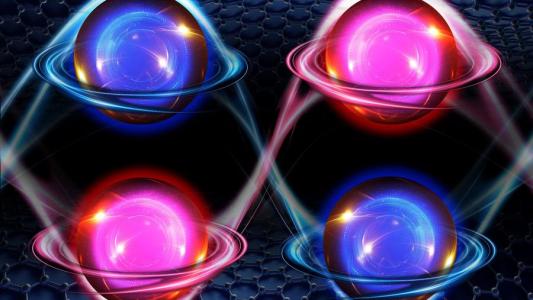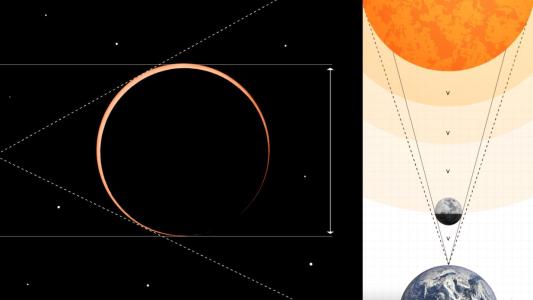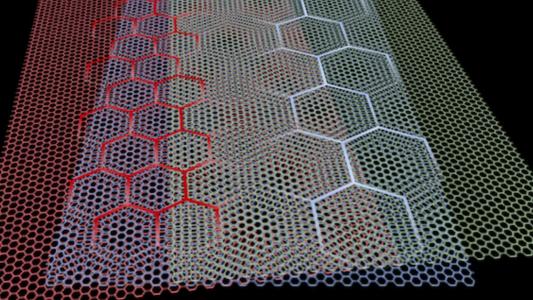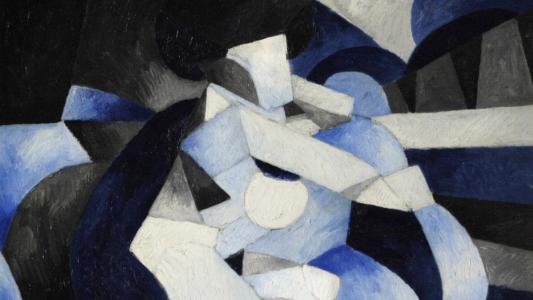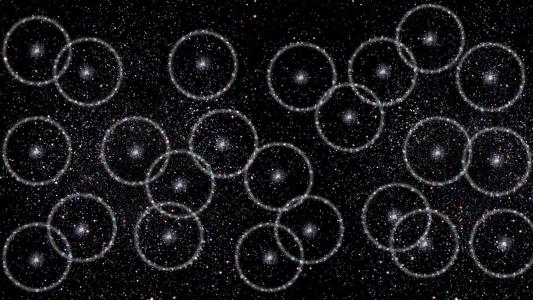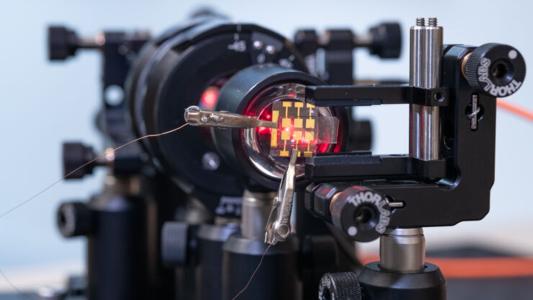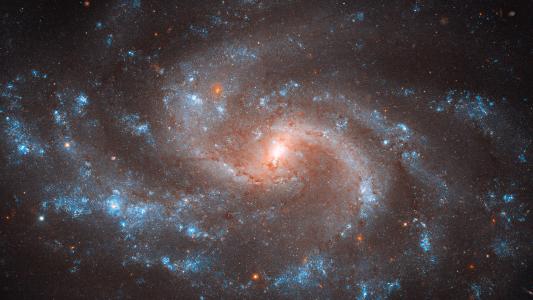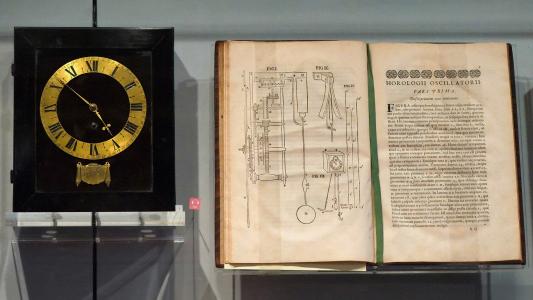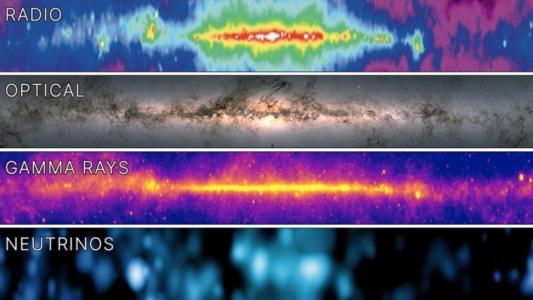Physics
From a five-layer graphene sandwich, a rare electronic state emerges
When stacked in layers in a rhombohedral pattern, graphene takes on a rare state that could advance powerful magnetic memory devices.
The 2023 annular eclipse will have huge consequences 6 months later
Only twice a year are the conditions right for the Sun, Earth, and Moon to align in space: creating conditions for either solar or lunar eclipses.
Physicists coax superconductivity and more from quasicrystals
In research that could peak interest into this enigmatic class of materials, physicists coax superconductivity and more from quasicrystals.
QBism and the philosophical crisis of quantum mechanics
Quantum interpretations generally fall into two categories: psi-ontological and psi-epistemic. Both have philosophical implications.
How a scientist looking to prove his food wasn’t fresh discovered radioactive tracers and won a Nobel Prize
George de Hevesey had the suspicion the cooks were reusing leftovers and made his dinner into a radioactive tracer experiment.
Astronomers spot the first “bounce” in our Universe
Imprinted in the structure of the universe are "bouncing" signals from early on: where gravitating normal matter was pushed out by radiation.
New experiment brings us closer to unbreakable quantum encryption
Researchers at Linkӧping University have built a quantum random number generator to be easier to integrate into consumer electronics.
The physics of why the first clock in America failed
When the first Dutch-built pendulum clock was brought to the Americas, it failed to keep accurate time on the continents of the new world.
“Ghostly” neutrinos help us see our Milky Way as never before
A unique photograph of the Milky Way galaxy was captured using the IceCube detector, which observes high-energy neutrinos from space.
